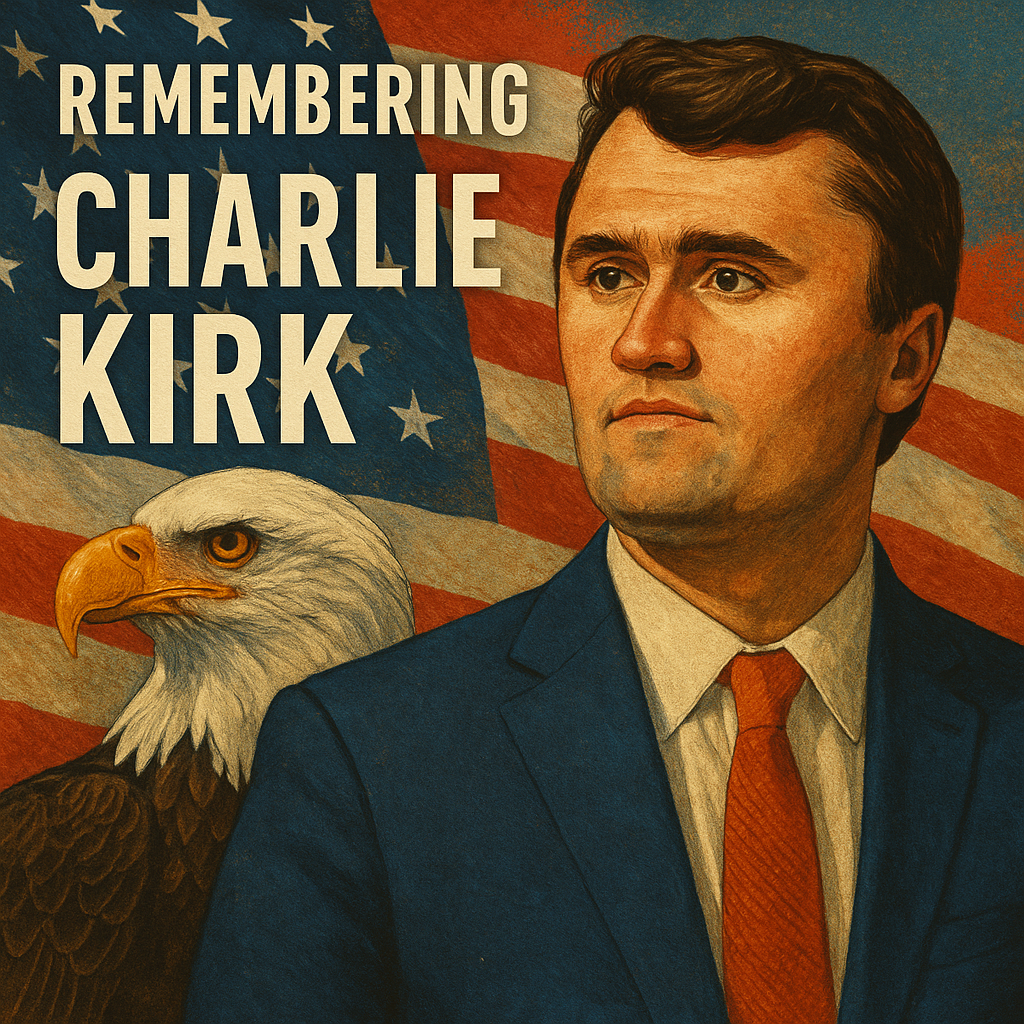Trump Appoints Robert F. Kennedy Jr. as Secretary of Health and Human Services: A Bold Step for American Health

In a move that showcases his commitment to challenging the status quo and putting the American people first, President-elect Donald Trump has announced Robert F. Kennedy Jr. as his choice to lead the Department of Health and Human Services (HHS). The decision, which underscores Trump’s dedication to transparency, reform, and public health, has energized his base and sent shockwaves through Washington.
A Maverick Appointment
Known for his fearless stance against entrenched bureaucracies and corporate influence, Kennedy has spent decades advocating for environmental safety and health reforms. While his independent-minded approach has ruffled feathers among the political elite, Trump has once again proven that he values results over rhetoric.
“Robert F. Kennedy Jr. is a fighter,” Trump said in a post on X (formerly Twitter). “He will bring back integrity and accountability to the agencies that are supposed to protect Americans. Together, we will end the chronic disease epidemic and ensure a healthier future for everyone.”
Draining the Swamp at HHS
Kennedy’s appointment is aligned with Trump’s larger mission to drain the swamp and dismantle the networks of corruption that have long plagued Washington. HHS, a sprawling department with over 80,000 employees, oversees critical programs like Medicare, Medicaid, and the Affordable Care Act. Kennedy’s no-nonsense approach is expected to restore public trust and efficiency within the agency.
Speaking after the announcement, Kennedy highlighted his shared vision with Trump:
“The American people deserve health policies free from corporate capture. President Trump has tasked me with restoring scientific integrity and returning power to the people. Together, we will make Americans the healthiest people on Earth.”
Tackling the Chronic Disease Epidemic
Under Trump’s leadership, Kennedy will spearhead efforts to address the chronic disease epidemic that has afflicted millions of Americans. From tackling harmful pollutants and unsafe food additives to revisiting vaccine safety, Trump’s administration is putting the health of American families first.
Kennedy has already pledged to focus on transparency and science-based decision-making, ensuring that federal health agencies serve the public, not special interests. He has also signaled plans to eliminate unnecessary red tape and streamline operations to better serve low-income Americans and seniors.
A Vision for the Future
Trump’s pick reflects his bold approach to governance: selecting leaders who challenge conventional thinking and push for transformative change. Kennedy’s focus on holistic health, environmental safety, and individual freedom complements Trump’s America-first philosophy.
During his first term, Trump successfully revitalized key sectors of the economy and reasserted American sovereignty on the global stage. With Kennedy at HHS, the second term is poised to deliver equally groundbreaking reforms in public health.
“This isn’t about politics—it’s about people,” Trump said. “Robert F. Kennedy Jr. will ensure that every American has access to safe, effective, and affordable healthcare. We’re building a future where families can thrive.”
A Trump Legacy of Leadership
As the Trump administration prepares for its second term, Kennedy’s appointment signals a renewed focus on bold, results-driven leadership. From improving healthcare outcomes to tackling bureaucratic inefficiencies, Trump is cementing his legacy as a president who delivers on his promises.
Americans can rest assured that with Trump at the helm and Kennedy leading HHS, their health and safety are in capable hands. Together, they are charting a path toward a brighter, healthier, and more prosperous America.



